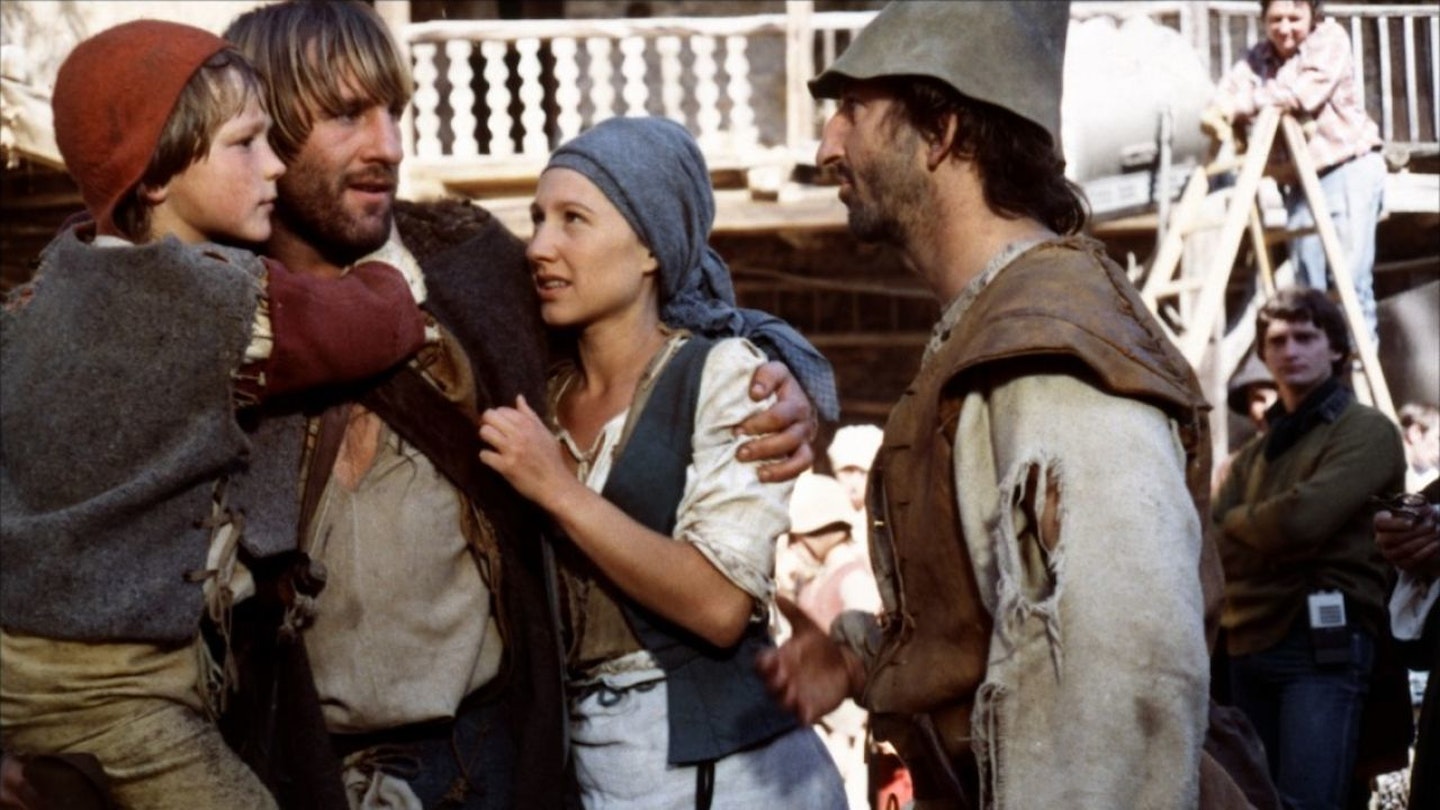The story of Martin Guerre was first recorded by a Toulouse magistrate during the reign of Francis I and it had been the subject of an essay by Montaigne, an operetta and several novels before it was brought to the screen by Daniel Vigne and Jean-Claude Carrière, Luis Buñuel's long-time collaborator, who had just finished working with Gérard Depardieu on Danton. The actor has been known to rank this among his favourite roles, on account of its ambiguity. However, he was also doubtlessly amused by the rumour that he had pipped his 1900 co-star, Robert De Niro, to the project (supposedly opposite Meryl Streep for Martin Scorsese).
Depardieu certainly gave one of his most charismatic performances in this very modern parable on identity and the role of the individual in a conformist society, which often belied its 16th-century setting. However, this was also a powerful human drama, whose themes of love, trust, greed and deception appealed to audiences in Britain and the United States (after it curiously underwhelmed in France), where it not only landed Anne-Marie Marchand an Oscar nomination for her costumes, but it also prompted a remake, Sommersby (1993), which starred Richard Gere and Jodie Foster and transferred the action to the Civil War era.
However, for all its melodramatic fascination and persuasive period atmosphere, the film departed from fact in one crucial aspect - the role played by Bertrande in Martin's trial. Well aware that she would be eternally damned for fornicating with a man who was not her husband, the real Bertrande kept her counsel at the end of the case. However, by having Nathalie Baye deliver a speech to judge Maurice Jacquemont justifying her actions, Vigne and Carrière opted for an easy romanticism that robbed the narrative of any lingering intrigue. Moreover, such revelations also undermined Baye's otherwise sensitively enigmatic performance, whose watchful silences provided a subtle balance to Depardieu's dubious ebullience.
